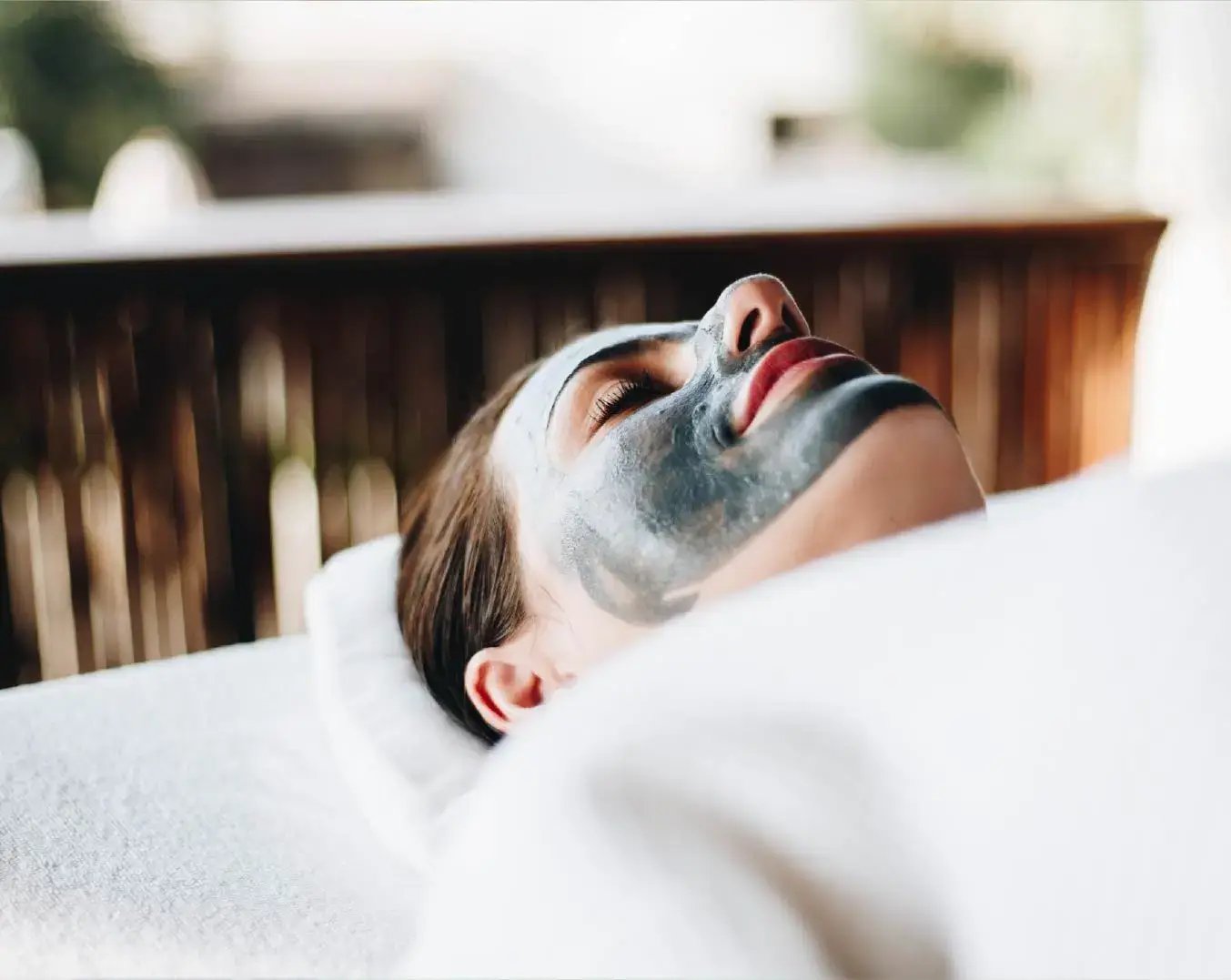Off-peak hotel revenue is something most hoteliers lose sleep over. To be profitable, you must either make enough revenue in the high season to compensate for the decrease during the low season or find ways to maximize revenue throughout the year. Either way, you should check the effectiveness of your strategies and adjust them based on results.
The more ways you can find to optimize revenue year-round, the better your bottom line will be.
Table of contents
10 strategies to increase hotel revenue during off-peak seasons
It can be challenging to boost hotel revenue during the off-season. To remain profitable year-round, develop a strategic approach adapted to your property’s characteristics, location and guests.
1. Local partnerships
Want to help boost local economy? Collaborate with local businesses to create mutually beneficial packages and promotions, such as stays that include a food tour with a local gastronomic tour agency. It’s a win-win for everyone, as your guests will eat at local restaurants, filling up tables that might otherwise be empty.
Learn more about community engagement.
2. Events and packages
Events or themed weekends are a terrific way to attract guests during the low season. Think golf-inspired packages, wellness retreats, and food and wine tours. You can also host events in your hotel and tie them in with the local festivals.
For example, if there's a wine festival, set up wine tastings at your hotel. When you create memorable experiences, the average spend rises, and guests feel encouraged to stay longer.

3. Targeted marketing efforts
Did you know that targeted marketing campaigns boost off-season sales? Use them to communicate deals, packages and promotions to specific target audiences. Social media, email marketing and online advertising will ensure your message reaches the right audience. For example, you can target families with specific off-season promotions.
4. Don’t neglect niche markets
Certain niche markets are known to travel in the low season – business travelers, retirees, conference-goers, or those arriving from a different hemisphere. Why? Because that's when prices for venues drop, and there's more availability in hotels. Target these niche markets and specific demographics by tailoring your marketing efforts.
5. Stay informed of local events
Your hotel is a part of the local community, so you should keep track of the local events, especially those happening in the off-season. You can attract new guests by adjusting your marketing and sales promotions to align with those events.
Have you considered sponsoring a local event? You could offer exclusive deals to those who attend the event and stay at your hotel. If you’re an event organizer, check out these 7 tips for hotel event organizers.
6. Provide more flexibility
During high demand, it's only natural to have strict cancellation policies. In all other cases, try to provide more flexibility. Flexible cancellation policies during low season will ease concerns for potential guests.
Imagine your hotel is near a ski slope, but it looks like it's going to be a dry winter. Guests will feel more confident booking – and trust you more – when you let them cancel if there's no snow.
7. Don’t underestimate the staycation
Staycations have become increasingly popular. Many people accumulated vacation days yet didn’t want to venture far from home. Capitalize on this trend by offering staycation packages to residents. Maybe you have an R&R staycation package or a Foodie Getaway with noteworthy discounts for locals.
8. Engage on social media
Sure, you should engage your social media audiences all year round. But during low season, you can get creative with social media marketing. Organize contests and giveaways to encourage people to talk about your brand.
You can also create a hashtag for guests traveling during the low season and encourage them to tag friends. Another great idea is creating challenges with off-peak stay packages as a prize.
9. Cross-selling and upselling
Upselling and cross-selling increase the average spend per booking. During the low season, it’s even more crucial to encourage guests to spend more during their stay via upgrades, additional services, or extra amenities.
You can integrate cross-selling and upselling into the check-in process or offer upgrades in the pre-arrival communication. Either way, your staff should be trained to sell add-on services that will boost the average spend and drive more revenue per booking.

10. Referral and loyalty programs
The off-season is the best time to create loyal customers. Offer extra rewards for loyalty members visiting your hotel during the low season, such as a free night or complimentary services.
Loyalty members are fantastic brand ambassadors who gladly spread the good word. You can also create a referral program to give points and rewards to people who send guests to your hotel during the low season.
Conclusion
It all starts with having diverse strategies to boost off-peak hotel revenue. If one doesn't work, you have several others to fall back on. Stay flexible and creative to attract a broad range of guests and tap into new potential sources of demand. Don't forget to monitor, adjust and commit to enhancing the overall guest experience. That's how you can ensure sustainable profitability and stay competitive year-round.

Author
Eva Lacalle
Eva has over a decade of international experience in marketing, communication, events and digital marketing. When she's not at work, she's probably surfing, dancing, or exploring the world.

Essential hotel technology for general managers
Download now
Hospitality hot takes straight to your inbox


.webp)